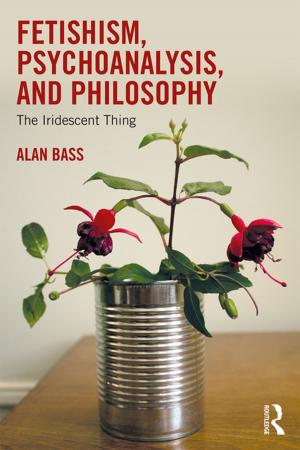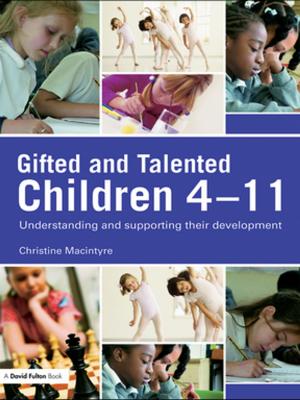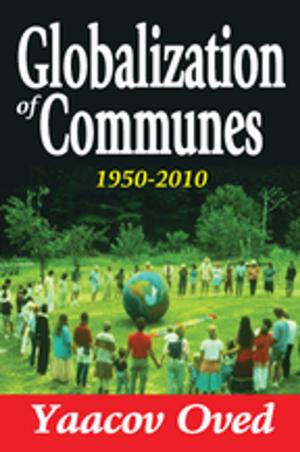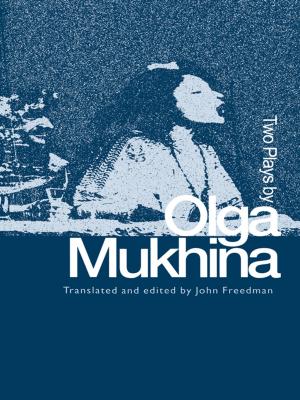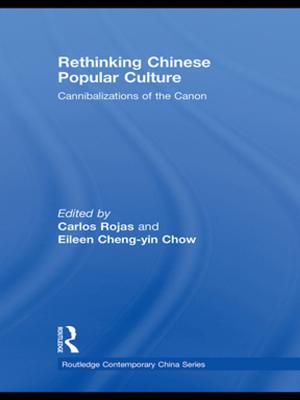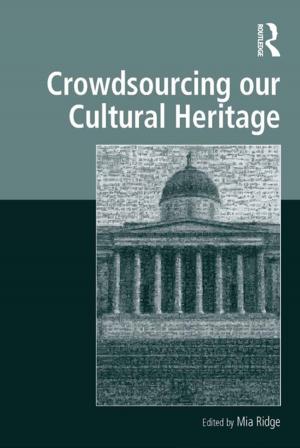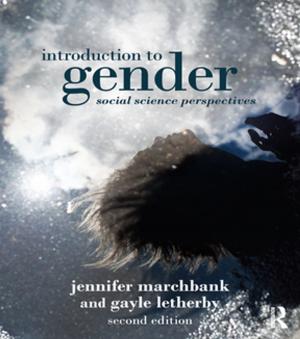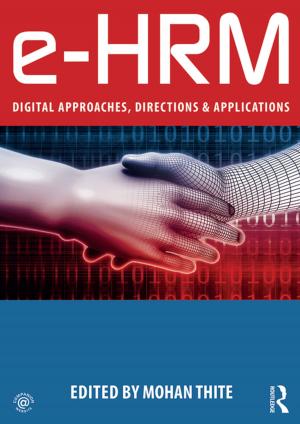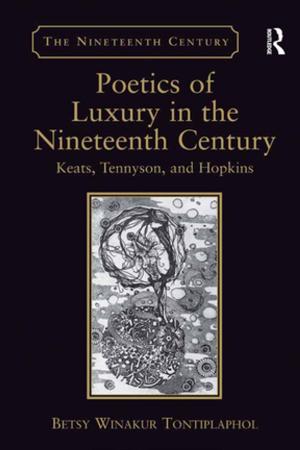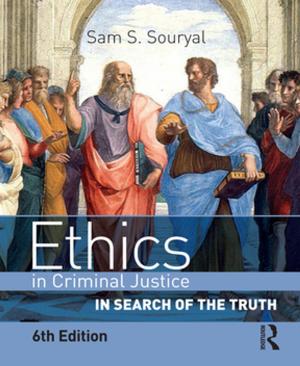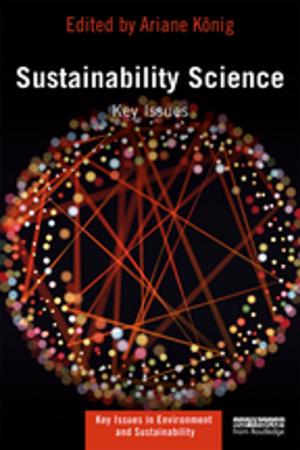Little 'Red Scares'
Anti-Communism and Political Repression in the United States, 1921-1946
Nonfiction, History, Modern, 20th Century, Americas| Author: | ISBN: | 9781317104131 | |
| Publisher: | Taylor and Francis | Publication: | May 13, 2016 |
| Imprint: | Routledge | Language: | English |
| Author: | |
| ISBN: | 9781317104131 |
| Publisher: | Taylor and Francis |
| Publication: | May 13, 2016 |
| Imprint: | Routledge |
| Language: | English |
Anti-communism has long been a potent force in American politics, capable of gripping both government and popular attention. Nowhere is this more evident that the two great 'red scares' of 1919-20 and 1946-54; the latter generally - if somewhat inaccurately - termed McCarthyism. The interlude between these two major scares has tended to garner less attention, but as this volume makes clear, the lingering effects of 1919-20 and the gathering storm-clouds of 'McCarthyism' were clearly visible throughout the 20s and 30s, even if in a more low-key way. Indeed, the period between the two great red scares was marked by frequent instances of political repression, often justified on anti-communist grounds, at local, state and federal levels. Yet these events have been curiously neglected in the history of American political repression and anti-communism, perhaps because much of the material deals with events scattered in time and space which never reached the intensity of the two great scares. By focusing on this twenty-five year 'interim' period, the essays in this collection bridge the gap between the two high-profile 'red scares' thus offering a much more contextualised and fluid narrative for American anti-communism. In so doing the rationale and motivations for the 'red scares' can be seen as part of an evolving political landscape, rather than as isolated bouts of hysteria exploding onto - and then vanishing from - the political scene. Instead, a much more nuanced appreciation of the conflicting interests and fears of government, politicians, organised labour, free-speech advocates, employers, and the press is offered, which will be of interest to anyone wishing to better understand the political history of modern America.
Anti-communism has long been a potent force in American politics, capable of gripping both government and popular attention. Nowhere is this more evident that the two great 'red scares' of 1919-20 and 1946-54; the latter generally - if somewhat inaccurately - termed McCarthyism. The interlude between these two major scares has tended to garner less attention, but as this volume makes clear, the lingering effects of 1919-20 and the gathering storm-clouds of 'McCarthyism' were clearly visible throughout the 20s and 30s, even if in a more low-key way. Indeed, the period between the two great red scares was marked by frequent instances of political repression, often justified on anti-communist grounds, at local, state and federal levels. Yet these events have been curiously neglected in the history of American political repression and anti-communism, perhaps because much of the material deals with events scattered in time and space which never reached the intensity of the two great scares. By focusing on this twenty-five year 'interim' period, the essays in this collection bridge the gap between the two high-profile 'red scares' thus offering a much more contextualised and fluid narrative for American anti-communism. In so doing the rationale and motivations for the 'red scares' can be seen as part of an evolving political landscape, rather than as isolated bouts of hysteria exploding onto - and then vanishing from - the political scene. Instead, a much more nuanced appreciation of the conflicting interests and fears of government, politicians, organised labour, free-speech advocates, employers, and the press is offered, which will be of interest to anyone wishing to better understand the political history of modern America.


